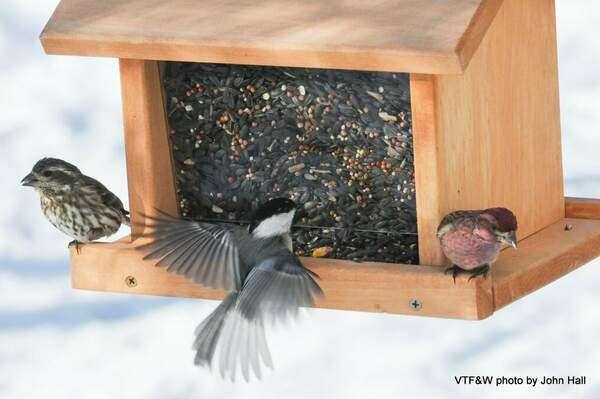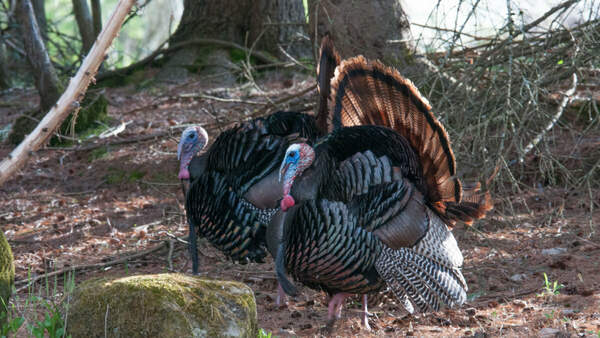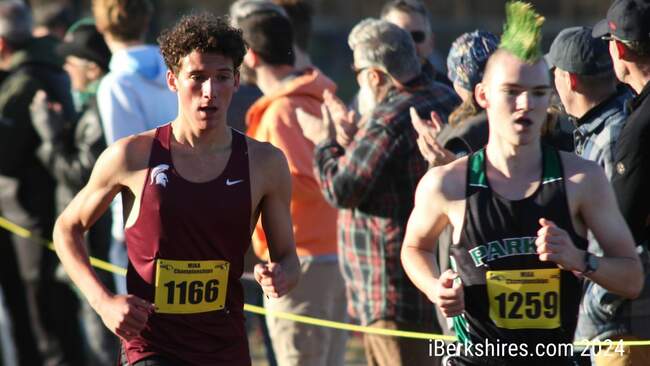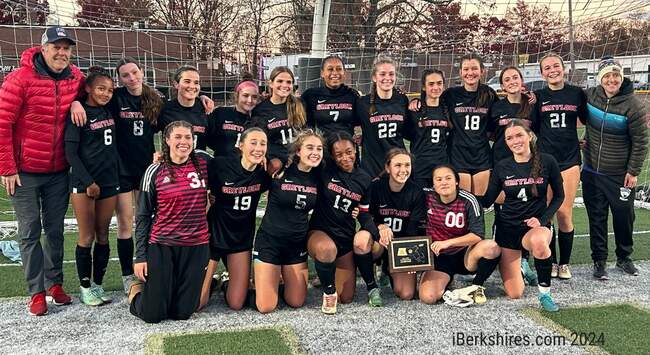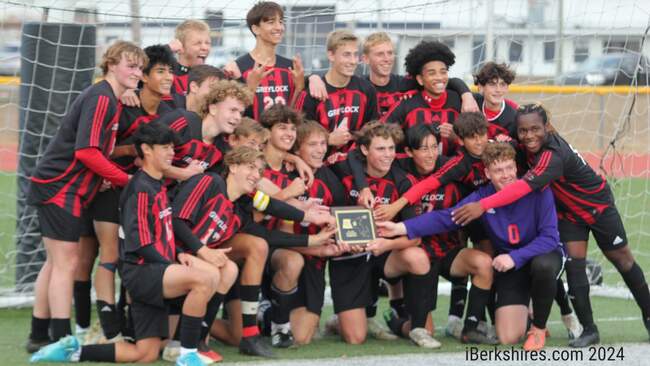
April 14 COVID-19 Briefs: Send SMVC Staff Meals; NAPS Registration Online
Meals for front-line staff
Southwestern Vermont Medical Center has deployed an online tool to facilitate community members sending meals to front-line staff during the COVID-19 crisis. Community members can visit here and volunteer to purchase a meal for as few as two staff members or as many as 25.
"This program grew out of a desire to make supporting our staff easier for the community and the need to support our local businesses, too," said Leslie Keefe, vice president for Corporate Development.
The hospital partnered with the Southwestern Vermont Chamber of Commerce to identify restaurants to participate. Visitors to the Meal Train website volunteer to purchase a meal electronically and call the restaurant to order. Once claimed, the department is considered covered. Future visitors to the site are encouraged to volunteer for a different department. This keeps one department from receiving two lunches, for instance, while another department doesn't receive any.
All restaurants will make no-contact deliveries to SVMC in Bennington, the Centers for Living and Rehabilitation in Bennington, and the Center for Nursing and Rehabilitation in Hoosick Falls, NY. A designated staff member will come outside to receive the delivery, so no restaurant personnel need enter the building.
NAPS Opens Online Registration
In response to COVID-19, North Adams Public Schools has moved registration to an online format for all new students looking to enroll. Parents/guardians looking to register their PreK-12 student can fill out the registration form located here or found online under the "Parents" tab.
Preschool children must be 3 or 4 years old by August 31. Kindergarten children must be 5 years old by August 31. Current enrolled preschool students within the district do not need to register. Once registered, North Adams Public Schools personnel will follow up via mail or phone call to finalize the child's enrollment. For questions, concerns or assistance with the form, contact Bobbi Tassone at 413-776-1666 or email her.
Emergency Response Efforts
Berkshire United Way and Berkshire Taconic Community Foundation have awarded more than 60 grants totaling more than $975,000 from the COVID-19 Emergency Response Fund for Berkshire County, their joint effort with Northern Berkshire United Way and Williamstown Community Chest to raise new resources in support of community-based organizations at the frontlines of the coronavirus outbreak.
"This fund is providing a rapid response to the increased challenges our nonprofits face as they provide services to our neighbors in greatest need," said Peter Taylor, president of Berkshire Taconic Community Foundation. "These organizations are deeply rooted in their communities and quick to action. Their work inspires us as we aim to provide ongoing support from our generous friends and partners."
The organizations receiving grants are dispersed across Berkshire County and work to support children and low-income families, communities of color and immigrants, seniors, and people with mental illness and addiction disorders, among others. A collaborative team of staff from Berkshire Taconic, Berkshire United Way, Northern Berkshire United Way and Williamstown Community Chest is reviewing and awarding grants on a rolling basis during the crisis as funding permits.
Grantees from the COVID-19 Emergency Response Fund for Berkshire County include: 18 Degrees, Adams Council on Aging, Al Nelson Friendship Center Food Pantry, Berkshire Bridges Working Cities, Berkshire Community Action Council, Berkshire County Arc, Berkshire County Diaper Project, Berkshire Dream Center, Berkshire Family YMCA, Berkshire Food Project, Berkshire Grown, Berkshire Health Systems, Berkshire Helping Hands, Berkshire Hills Regional School District, Berkshire Housing Development Corporation & Berkshire Housing Services, Berkshire Immigrant Center, Berkshire Nursing Families, Berkshire Tomorrow, Inc. (BRPC) Weekend Restaurant Program, BRIDGE, The Brien Center, the Cancer Center at BMC, Cathedral of the Beloved, Central Berkshire Coordinating Center, Central Berkshire Habitat for Humanity, Central Berkshire Regional School District, Central Berkshire Regional School District Weekend Backpack Program, Chabad of the Berkshires, Cheshire Food Pantry, Christ Trinity Church, Community Food Pantry at South Congregational Church, Community Health Programs, Construct, Dalton Community Recreation Association, Elder Services of Berkshire County, Elizabeth Freeman Center, Gladys Allen Brigham Community Center, Josh Bressette Commit to Save a Life, Louison House, Mass 2-1-1, Mount Carmel Care Center, NAMI Berkshire County, North Adams Farmers Market, North County Emergency Planning Commission, Northern Berkshire Community Coalition Weekend Meal Project, Northern Berkshire EMS, Our Lady of Charity (St. Elizabeth of Hungary Church), Pittsfield Public Schools, Roots Rising, ROOTS Teen Center, Salvation Army, ServiceNet, Soldier On, UCP of Western MA, Volunteers in Medicine Berkshires, Western MA Women’s Fund, Williamstown Food Pantry and Youth Center, Inc.
Fundraising for the emergency fund, which launched on March 19, has reached just under $2 million. A list of the fund's generous partners is online here. Donations to the fund can be made here.
Telemedicine Expanded
Southwestern Vermont Medical Center continues to adapt to rapidly changing circumstances related to COVID-19, including innovating new ways to provide primary and specialty care.
"While the SVMC staff is focused on fighting COVID-19, we recognize that patients' needs for other care do not disappear," said Dr. Bob Schwartz, a primary care physician at SVMC Northshire Campus. "We are making it as easy as we can for patients to receive the same care they are used to remotely through telemedicine."
Telemedicine services are available from all of SVMC's primary and specialty care sites and are simple to use. Accessing services requires no special equipment or expertise. There is no app or other software needed. Patients access telemedicine with a device that has video capabilities and an Internet connection, like a smart phone, tablet, or computer. As in the past, patients call their primary care office for an appointment. They receive a special web address. They check in electronically and meet their provider via video. The communication is private and compliant with the Health Insurance Portability and Accountability Act (HIPAA).
Those without an Internet connection or video-enabled device may be able to meet with their provider over the phone. Some patients, depending on their condition, may need to be seen in person. A link to more telemedicine information, including a get-started guide, is available online.
Nonprofit Virtual Town Hall
The Nonprofit Center of the Berkshires is hosting a virtual Town Hall meeting with Berkshire County legislators on Friday, April 17, at 11:30 a.m. The event is free but registration is required. Attendance is limited to 90 nonprofit leaders; however, the session may be recorded and shared following the event.
Personal Protective Equipment Donations
Tags: COVID-19,
More Coronavirus Updates

